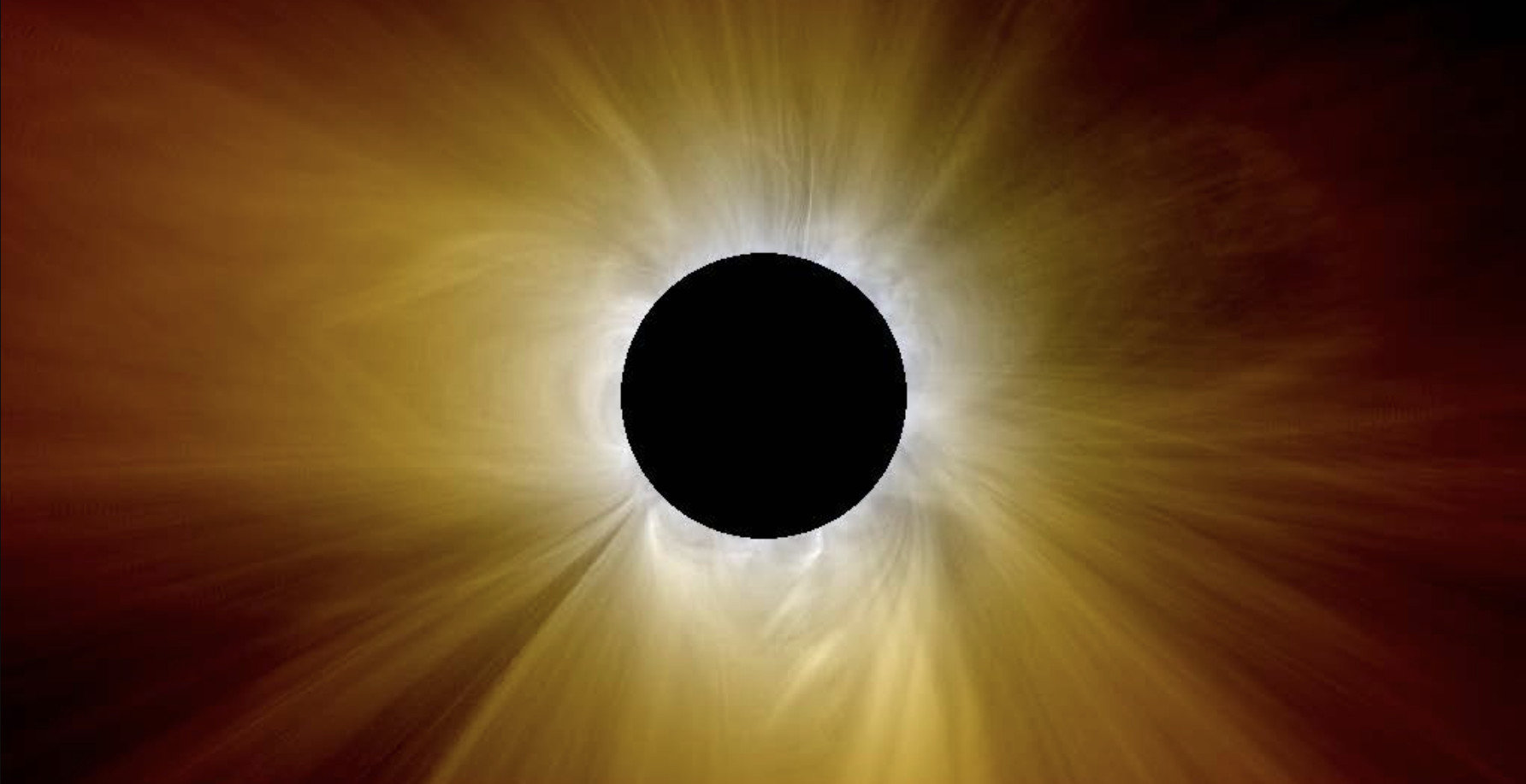
Coronacast: University of Michigan Students Model the Total Solar Eclipse
U-M Climate and Space is proud to present Coronacast 2024, a student-led project to model the sun’s corona, in collaboration with the University of Texas, Arlington.

U-M Climate and Space is proud to present Coronacast 2024, a student-led project to model the sun’s corona, in collaboration with the University of Texas, Arlington.
On April 8, 2024, a group of students and researchers at the University of Michigan Department of Climate and Space will team up with researchers at the University of Texas, Arlington, to study the Total Solar Eclipse, as it crosses much of the United States in 2024. The students are proud to present Coronacast 2024.
“We are going to monitor and try to predict activity on the sun’s corona during the Solar Eclipse,” said Kathryn Wilbanks, a graduate student at U-M Climate and Space.

This special student-led project at the University of Michigan Department of Climate and Space Sciences and Engineering (CLaSP), in collaboration with the University of Texas, Arlington, will also create public outreach for the upcoming Total Solar Eclipse. In the days leading up to the Total Solar Eclipse, the student team will visit public schools in the Arlington Independent School District to lead hands-on activities including creating pinhole cameras, discussing the science, and demonstrating how solar eclipses occur. The effort includes graduate students from an R1 university and a minority-serving institution.
With plans to livestream their efforts on YouTube, the students will make advance predictions for how the solar eclipse would look like in various wavelengths during Coronacast 2024. The predictions will use data assimilative advanced MHD simulations using the U-M Space Weather Modeling Framework/AWSoM model incorporating the results of two independent solar flux transport models (one from Lockheed Martin Solar and Astrophysics Laboratory and the other one from the University of Alabama at Huntsville).
The project is led by three faculty members at the University of Michigan Department of Climate and Space: Ward Manchester, Judit Szente and Dan Welling.
The results of the student effort can be viewed at the project’s dedicated website at https://clasp.engin.umich.edu/solar-eclipse-2024/

More information about the Space Weather Modeling Framework is available on the website: https://clasp.engin.umich.edu/research/theory-computational-methods/space-weather-modeling-framework/
More details on the project are coming soon. For updates, check the Coronacast website using the short link: https://myumi.ch/6y3Q9